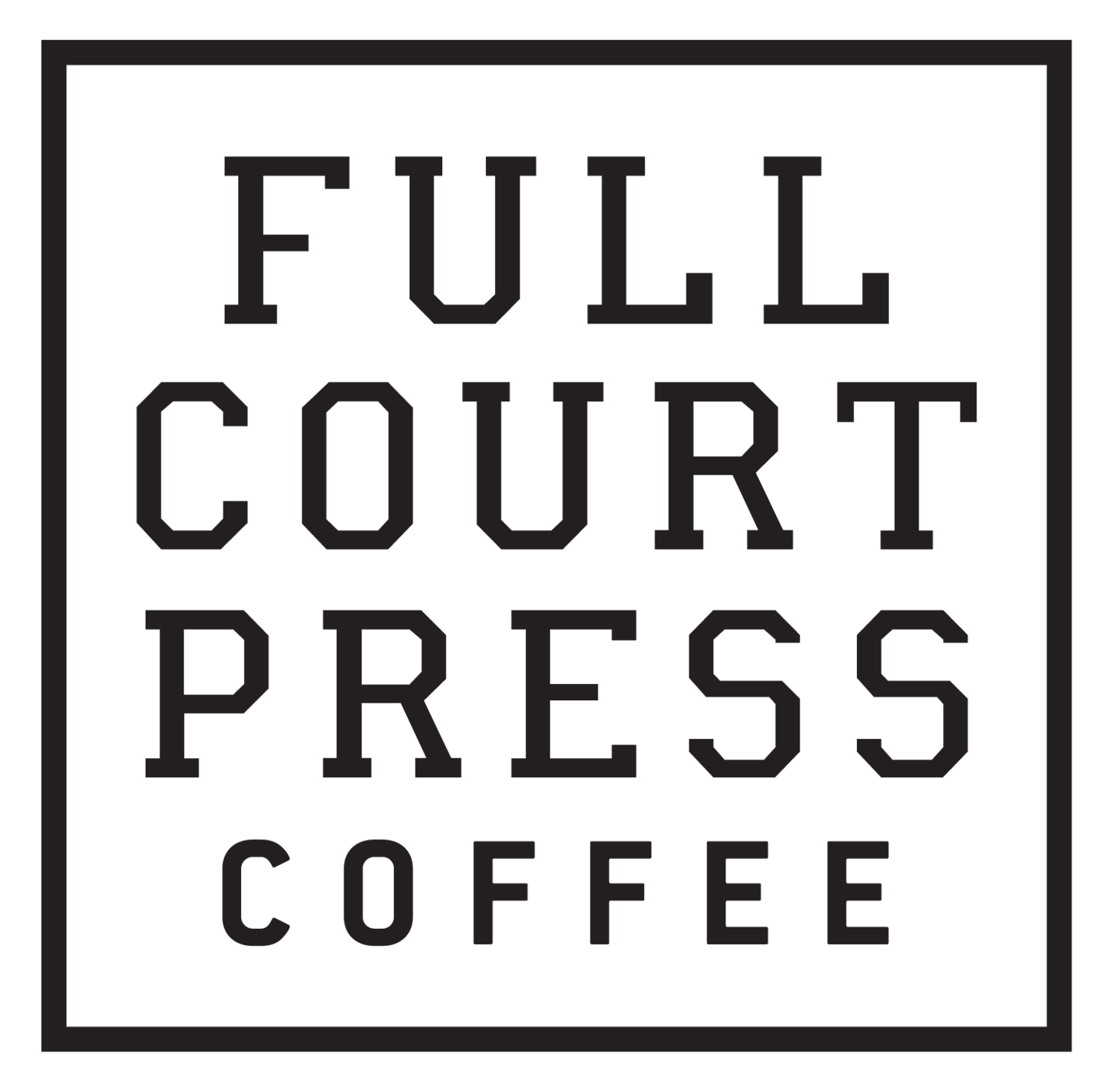Transparency
Since the beginning of FCP we have always valued honesty and transparency. Our approach is centred around these values and as we expand we are committed to maintaining this.
We’re aiming to reinvest any profits within the business, with a focus on continuing to pay staff a real living wage and investing in an ad-hoc training and QC space. This will be available for use by social enterprises that wish to offer training to the coffee community, especially those that focus on delivering training and assistance to marginalised groups.
We’re a relatively small roastery and the amount of coffee we purchase from any one producer is a small fraction of their total yield. Because of this we work with importers rather than directly with producers. Therefore, we will share the free on board* (FOB) price paid and the price paid to the importer. We share the FOB price over a Farmgate* price as we cannot guarantee that consent to share the Farmgate* price has been given. In the instances where we can guarantee this consent, we’ll share the Farmgate pricing.
The burden of fiscal transparency should not just fall on those down the value stream, the producers, exporters etc, but also on us at the consuming end. To this end, we are committed to openly sharing financial data from both the cafe and the roastery. We'll present these in a graphic form soon, but you can view the raw data for the cafe here, and the roastery here.
We follow the guidelines set out by “The Pledge” to the extent that we’re able to. However, it is likely that we will always be too small to work year on year with specific producers, so for that we rely on the importers.
Around 60% of the coffee we purchase is from Raw Material, a social enterprise that reinvests 100% of their profits through payments for coffee and community-level investments. We will continue to work with Raw Material very closely and will be buying our Colombian, Rwandan, Burundi, Timor Leste and Mexican coffee from them exclusively.
As part of our coffee buying process, we choose not to request or share the SCA Score of any individual coffee. We do not base our purchasing decisions on the SCA score; instead, we sample the coffees reference-free and score them on a list of criteria developed in-house. This scoring system is purpose-built to allow coffees all along the speciality scale to shine, meaning that an 80-point coffee on the SCA scale may score higher than an 86+ point coffee on our scale, as it best suits the qualities we want to showcase. Feel free to use the scoring sheet yourself, you can find it here.
This decision helps to remove bias from coffee purchasing. Although the speciality scale starts at 80, unfortunately there are many people who look down on those below 85. This attitude isn’t something that we wish to encourage as it dismisses the hard work put in by many producers.
*for a breakdown of these terms, please visit our glossary page.

